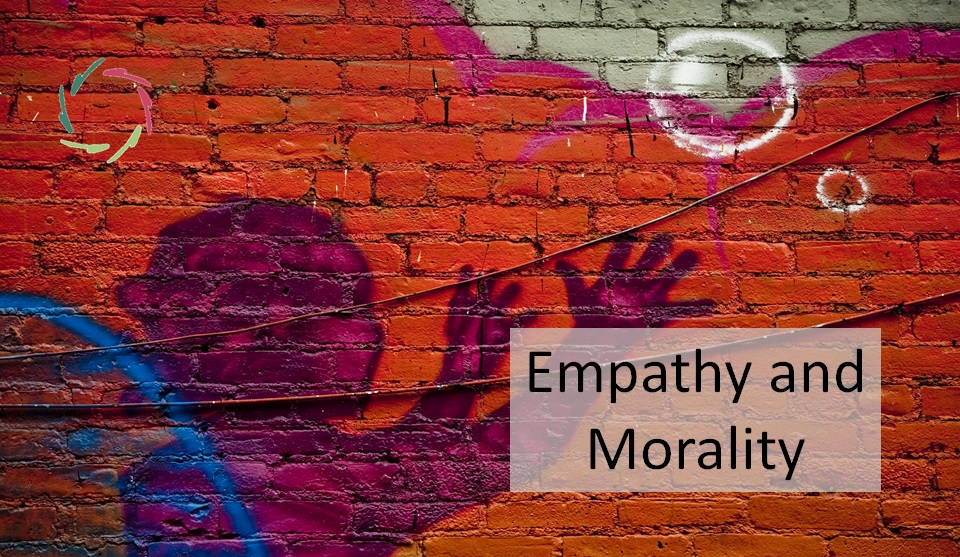Is Global Ethics Possible?

If so, can Compassion profoundly influence the development and acceptance of such a universal ethical framework?
Cultural ethical diversity
At the core, humans share a vast amount of psychological and genetic similarities. This commonality suggests that a foundational level of global ethics is feasible.
At the same time, the diversity of cultures presents a rich tapestry of values and practices that can differ significantly. Each culture has developed its ethical systems that reflect its history, environment, and philosophical insights. Preserving this diversity is crucial as it enriches the global human experience.
Yet, such preservation should not be anxiety-driven but caringly driven.
We should evaluate cultures through the lens of how they serve people as total human beings.
This is not about diluting cultural identities but ensuring that these identities do not compromise any fundamental human value. After all, cultures have no feelings or insights by themselves. They are instruments –- continually made by people.
The aim is not to tear away one’s culture but to deepen it.
This approach encourages cultures to evolve and adapt from the inside out, ensuring they continually enhance the well-being of their members, rather than preserving traditions solely for tradition’s sake.
Can Compassion be a guiding principle?
Compassion, basically understood as a commitment to alleviating suffering and nurturing personal growth, recognizes every individual’s intrinsic worth as a total person and fosters a sense of interconnectedness that transcends and integrates cultural boundaries, promoting ethical actions that benefit both the individual and the global community.
This ethical framework is rooted in the timeless values of understanding and deep empathy beyond the conceptual level. Thus, it provides a universal basis for ethical action with an emphasis on Inner Strength, supporting the individual’s journey toward self-realization and not constraining it.
Compassion transcends cultural boundaries.
It puts forward rationality and depth, encouraging policies and practices that are logically sound and also deeply respectful of human emotional and psychological complexities.
As such, Compassion avoids superficial ethical guidelines that fail to address the nuanced realities of human experiences. This aligns with the AURELIS philosophy of encouraging individuals to explore their inner selves, which in turn fosters a more Compassionate and ethical society. This personal growth aspect ensures that ethics is seen not as an external imposition but as an internal evolution.
Compassion as a culturally integrative force
Compassion not only transcends but also integrates cultural boundaries by valuing diversity while seeking common ethical standards. It supports the idea that while our traditions and histories may differ, our fundamental needs as human beings are universal.
The resulting dialogue between cultures avoids their fighting each other as ‘the enemy.’ Among other things, wars will be much more difficult to start this way.
Education systems around the world can play a critical role in embedding – not imposing – Compassionate values from an early age, thus preparing future generations to think globally and act ethically.
Sustainability
By prioritizing policies and practices that reflect a commitment to the well-being of all people and the planet, we can address global challenges such as poverty and climate change. This approach aligns ethical action with environmental stewardship, emphasizing that caring for our world and its inhabitants is a practical necessity for survival in today’s interconnected world.
We need worldwide Compassion.


